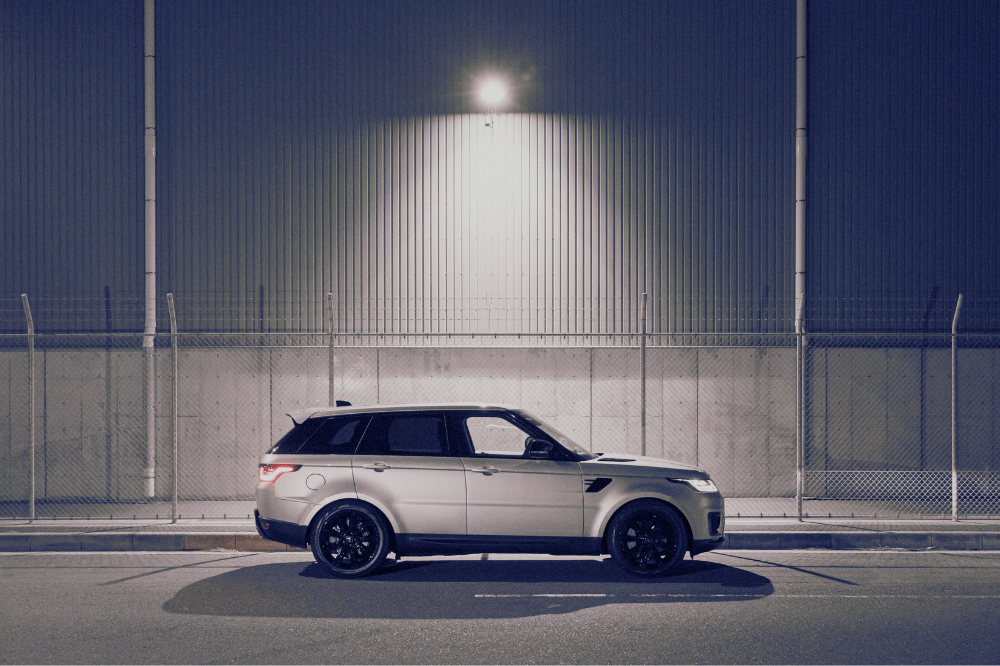Find out what are the different types of car insurance coverage and which ones are ideal for you!
Insurance is a vital part of responsible car ownership. It protects you financially in the event of an accident, safeguarding you from potentially crippling costs. But with so many different types of car insurance coverage available, figuring out which one is the best for you can be difficult. To help you out, we will break down the six main types of them, while also exploring some additional options you might want to consider.
Let’s talk about the differences of each, so you can make informed decisions and hit the road with confidence.Also, if you want to check out more financial tips on our website, you can click on this link!
What are the 6 main types of Car Insurance Coverage?
-
Collision Coverage: this type of coverage pays for repairs to your vehicle if it collides with another car, object, or even flips over. Let’s say you accidentally nudge a shopping cart in a parking lot, leaving a dent and scratches. Collision coverage would step in to cover the repair costs.
-
Comprehensive Coverage: while collision coverage deals with collisions, comprehensive coverage tackles a wider range of threats to your car. This includes events like theft, vandalism, fire, weather damage (hail, storms), animal collisions, and even falling objects. Imagine a rogue branch falls on your car during a storm – comprehensive coverage would come to the rescue.
-
Liability Coverage: protects you from financial responsibility if you cause an accident that injures someone else or damages their property. It covers medical expenses, lost wages, and repair costs for the other party. Liability coverage is typically divided into two parts:
- Bodily Injury Liability (BI): pays for medical bills and other injury-related expenses of people injured in an accident you cause.
- Property Damage Liability (PD): covers the cost of repairing or replacing property damaged in an accident you cause, such as another car or a mailbox.
-
Medical Payments Coverage: helps pay for medical expenses for you and your passengers, regardless of who caused the accident. It can cover costs like doctor visits, ambulance rides, and even physical therapy. MedPay is particularly beneficial for accidents with uninsured or underinsured drivers.
- Personal Injury Protection Insurance (PIP): it also helps you pay for your medical expenses after an accident. But, in addition, PIP may also help cover other expenses incurred because of your injuries — for example, childcare expenses or lost income.
-
Uninsured/Underinsured Motorist Coverage (UM/UIM): this one kicks in when the driver who caused the accident doesn’t have enough insurance (underinsured) or no insurance at all (uninsured) to cover your damages. It can help pay for medical bills, lost wages, and car repairs. With the increasing number of uninsured drivers on the road, UM/UIM coverage provides valuable peace of mind.
Types of Optional Coverages to Consider
Many insurers offer additional options to suit your specific needs. Here are some coverages you might want to consider:
- Roadside Assistance: provides help in case of a breakdown, flat tire, dead battery, or lockout. It can include towing, jump starts, and even tire changes.
- Gap Insurance: if your car is totaled and your loan or lease payoff amount is higher than the car’s actual cash value, gap insurance covers the difference.
- Rental Car Reimbursement: it reimburses you for the cost of a rental car while your car is being repaired after a covered claim.
- New Car Replacement Coverage: some policies offer enhanced coverage for newer vehicles, replacing them with a brand-new car of the same make and model if they’re totaled within a certain timeframe.
- Towing and Labor Coverage: pays for towing your car to a repair shop in case of a breakdown and may even cover the cost of labor to diagnose the problem.
- Death and Disability Coverage: provides a financial payout to your beneficiaries in case of death or permanent disability resulting from a car accident.
Which Type of Car Insurance Coverage Should I Get?
When choosing one or more, you should consider several factors, including:
- The value of your car;
- Your driving record;
- Your budget;
- Your risk tolerance;
- Local laws (some states require minimum liability coverage).
It’s wise to consult with an insurance agent to discuss your needs and get personalized recommendations. Don’t be afraid to shop around and compare quotes from different insurers before making a decision.

